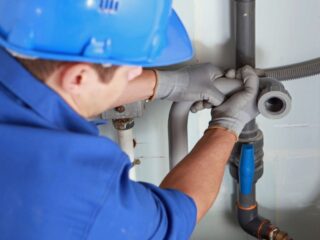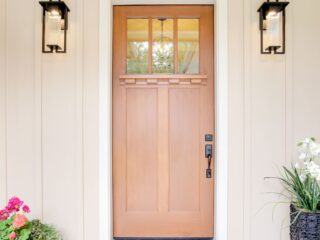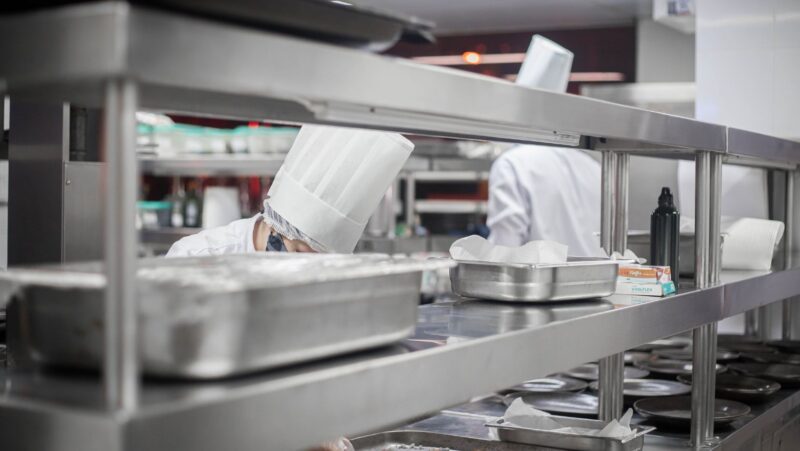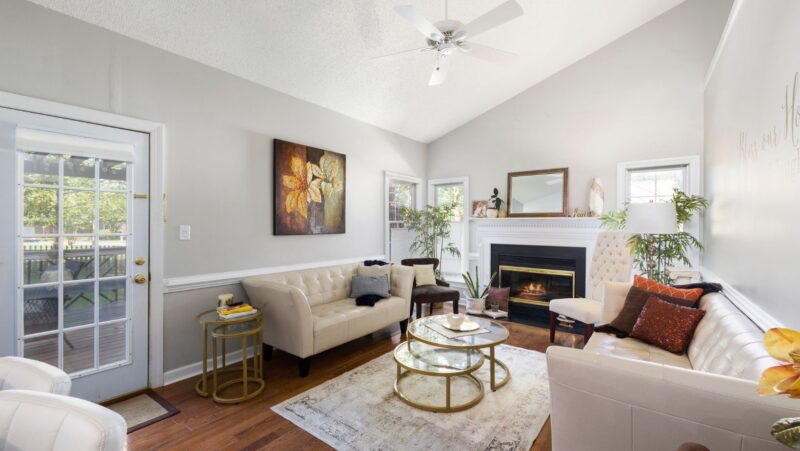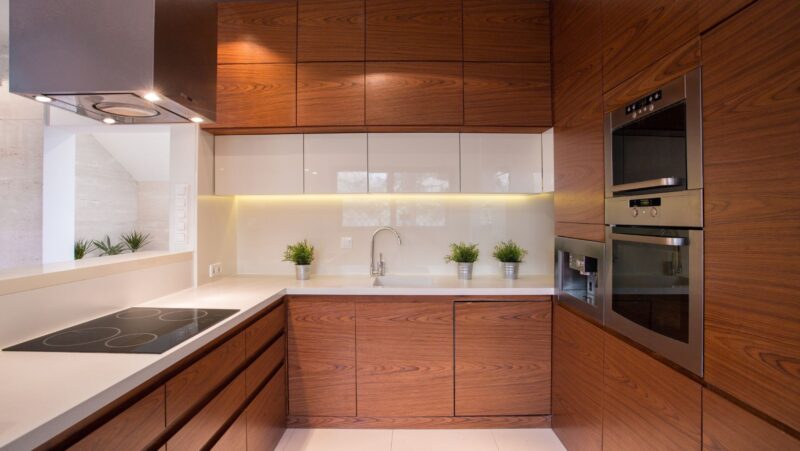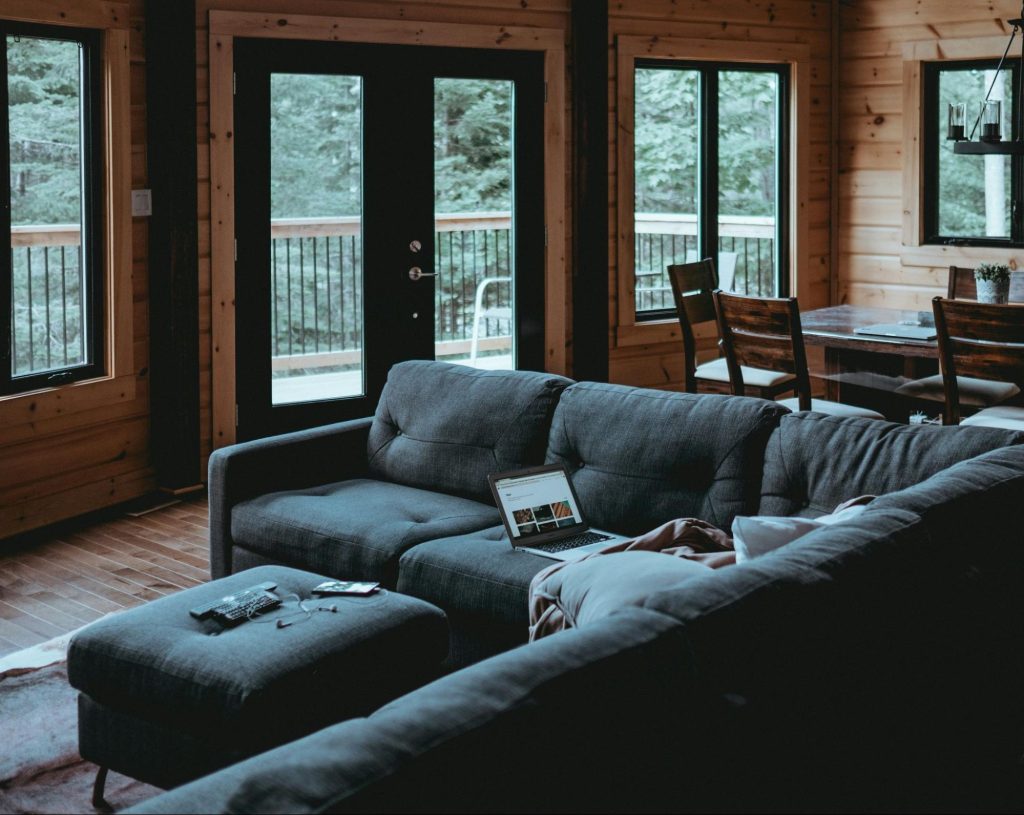
Residing in a region where humidity reigns supreme presents unique challenges, particularly in safeguarding your home. The dense, moisture-laden air can deeply affect your dwelling’s structure and the quality of air inside. Amid these challenges, one effective solution often overlooked is the enhancement of your windows, or more specifically, window replacements. Such an upgrade is pivotal in fortifying your home against the rigors of a humid climate, ensuring it remains a sanctuary of safety and comfort.
Embarking on a window enhancement journey, with a focus on window replacements, may seem straightforward, yet its effects are profound. Opting for the right windows not only elevates your home’s aesthetics but also serves as a vital defense against moisture-induced complications. This discourse delves into the wisdom behind window upgrades for residents in humid territories, spotlighting the benefits and the transformative impact on your property’s enduring preservation.
The Significance of Humidity for Your Dwelling
Humid environments challenge homeowners uniquely. Air moisture can infiltrate your abode, impacting everything from walls and floors to personal belongings. Over time, moisture can deform wood, flake paint, and instigate various structural dilemmas. The relentless dampness fosters mold and mildew, potentially damaging your home and posing health risks.
Beyond the structural effects, humidity compromises indoor air quality, rendering the atmosphere stuffy and less comfortable. Excess moisture strains your cooling systems, escalating energy bills and diminishing comfort in warmer periods.
Addressing these issues proactively, window upgrades emerge as a highly effective strategy. Properly chosen and installed windows can drastically reduce humidity’s impact, safeguarding your home’s structural integrity and ensuring family comfort and health.
The Crucial Role of Windows in Humid Climates
In humid settings, windows do more than offer views or light; they’re instrumental in regulating your home’s interior environment, especially in mitigating excessive moisture. The importance of windows in such climates is multifaceted:
- Ventilation and Air Flow: Enhanced windows allow for the influx of fresh air, boosting ventilation and curbing indoor humidity. This step is vital in averting the accumulation of stale, moist air conducive to mold proliferation.
- Energy Conservation: Contemporary windows are crafted with energy conservation in mind. They help sustain a uniform indoor temperature, curtailing the need for your air conditioning to overwork, thus saving on energy expenses.
- Moisture Regulation: Superior windows feature improved seals and materials that are resistant to moisture, barring humid air entry. This regulation is key in maintaining optimal indoor humidity, safeguarding your home’s structure and interiors against moisture damage.
- Protection from UV Rays: Many modern windows also shield your interiors from UV rays, prolonging the lifespan of furniture, carpets, and drapes and preserving their condition.
Incorporating these upgrades can significantly enhance your home’s resilience to humid climate challenges, not merely in preventing adverse impacts but also in improving your living space, making it healthier and more comfortable for your family.
Advantages of Window Enhancements
Window upgrades bring manifold benefits, particularly vital in humid climates where combating moisture is a constant. Firstly, the leap in energy efficiency stands out. Modern windows are engineered to keep cool air in and hot, humid air out, boosting your home’s comfort and reducing the load on your air conditioning, which translates into lower energy costs.
The upgrade also promises a boost in home comfort. New windows yield a more stable indoor temperature, free from the dampness and chill that inferior windows may permit, crafting a haven where external climate conditions don’t dictate your comfort.
Moreover, the battle against mold and mildew, relentless in humid areas, is significantly bolstered. Windows with enhanced sealing and moisture-resistant materials drastically cut down the intrusion risk of these unwelcome elements, safeguarding your family’s health and your home’s integrity, thus averting costly repairs and health hazards.
Selecting Suitable Windows for Humid Conditions
Choosing apt windows for your home in a humid climate transcends aesthetics; it’s about functionality and protection.

The right windows can markedly fortify your home’s defense against humidity and elevate its overall energy efficiency. Understanding what constitutes a window fit for humid environments is crucial.
Ideal Window Materials for Humid Climates
The material choice is paramount for windows in humid climates. Vinyl and fiberglass stand out for their resistance to warping and rot, unlike wood, which can absorb moisture and deteriorate. Windows featuring double glazing or insulated glass units (IGUs) are also adept at minimizing heat transfer and condensation, offering further protection from humidity.
Essential Features in Windows
When window shopping, prioritize features that bolster performance in humid conditions. Effective sealing and weatherstripping are crucial to prevent moisture entry, while low-E glass coatings can reflect heat and minimize UV ray penetration, protecting interiors from fading and aiding temperature control. Additionally, opt for windows with argon gas fills between panes for enhanced insulation.
Window Installation: DIY or Professional?
The installation of new windows in a humid climate presents homeowners with a choice: undertake a DIY project or engage professionals. Each route has its merits and drawbacks.
DIY Installation:
- Pros: Potentially lower expenses if you possess the requisite skills and tools, along with a sense of achievement and project control.
- Cons: Risk of incorrect installation, leading to leaks, drafts, and insufficient humidity control. Installation errors may void warranty coverage.
Professional Installation:
- Pros: Expert installation guarantees windows perform as anticipated, with optimal sealing and insulation against humidity. Professional jobs often include warranties covering both product and labor, offering peace of mind.
- Cons: Higher initial costs due to labor. The necessity to vet and choose a credible installer.

Balancing cost, expertise, and the value of warranty protection is key. Given the precision required for installation in humid climates to ensure home comfort and moisture management, professional installation may provide the most advantages.
Window Maintenance Insights
Ensuring your new windows continue to protect your home from humidity while maintaining their functionality and aesthetic appeal is essential. Routine cleaning is paramount; employ a gentle cleaner and soft cloth to prevent glass scratches or frame damage. For vinyl or fiberglass windows, a simple soap and water mixture suffices, keeping windows pristine and preventing performance-impacting dirt accumulation.
Regularly inspect seals and weatherstripping for signs of wear, replacing them as needed to maintain moisture out and energy efficiency. Additionally, be vigilant for condensation between panes, a potential seal failure indicator, necessitating manufacturer or installer consultation for repair or replacement guidance.
Wrapping Up
Window upgrades transcend mere home improvement, representing an investment in your home’s well-being, comfort, and durability, especially in humid climates. Selecting appropriate windows, ensuring expert installation, and adhering to maintenance guidelines can drastically diminish humidity’s impact. This not only safeguards your property but also enriches your living space, making your home a more enjoyable and comfortable abode.
Embarking on window upgrades demands research, investment, and continued upkeep, yet the dividends in energy efficiency, comfort enhancement, and moisture and mold defense are profoundly worth it. Proactively upgrading your windows is a strategic move toward fostering a healthier, more energy-efficient home ready to withstand humid climate challenges.


